1. Sharing Stories Across Generations
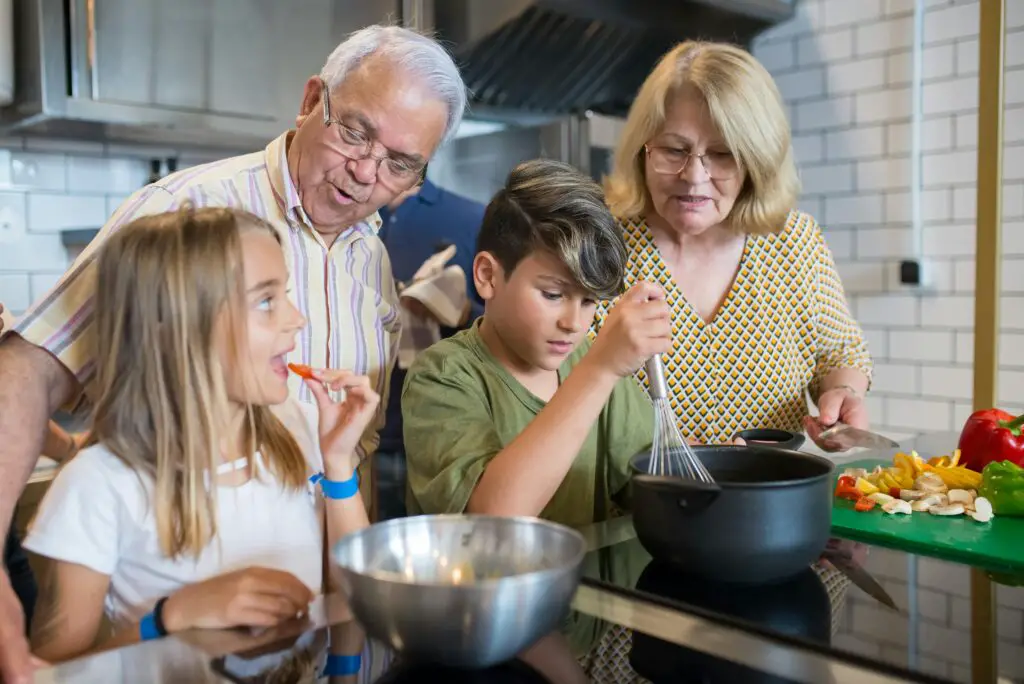
One of the most magical things about growing up in a multigenerational household is the constant sharing of stories. The older generation always has something to say, whether it’s an anecdote from their childhood or a piece of family history you never knew. Hearing these stories allows you to understand the context of where you came from, creating a deep connection to your family’s past. You might have grandparents or great-aunts who love to tell stories of how things were when they were younger, which can be both funny and enlightening. These stories are never just about the past; they often have hidden life lessons tucked inside, ones that might only hit you years later.
But what’s even better is when you get to share your own stories with them. It’s like having a built-in audience that’s always eager to listen, even if the stories are about something as simple as your latest school project or your newest crush. The excitement is palpable when you realize that the older generations are just as invested in your life as you are in theirs. These exchanges create a sense of connection that transcends time, showing you that while eras change, certain experiences—like love, friendship, and family—remain timeless according to Vox.
2. Learning to Cook From Different Generations
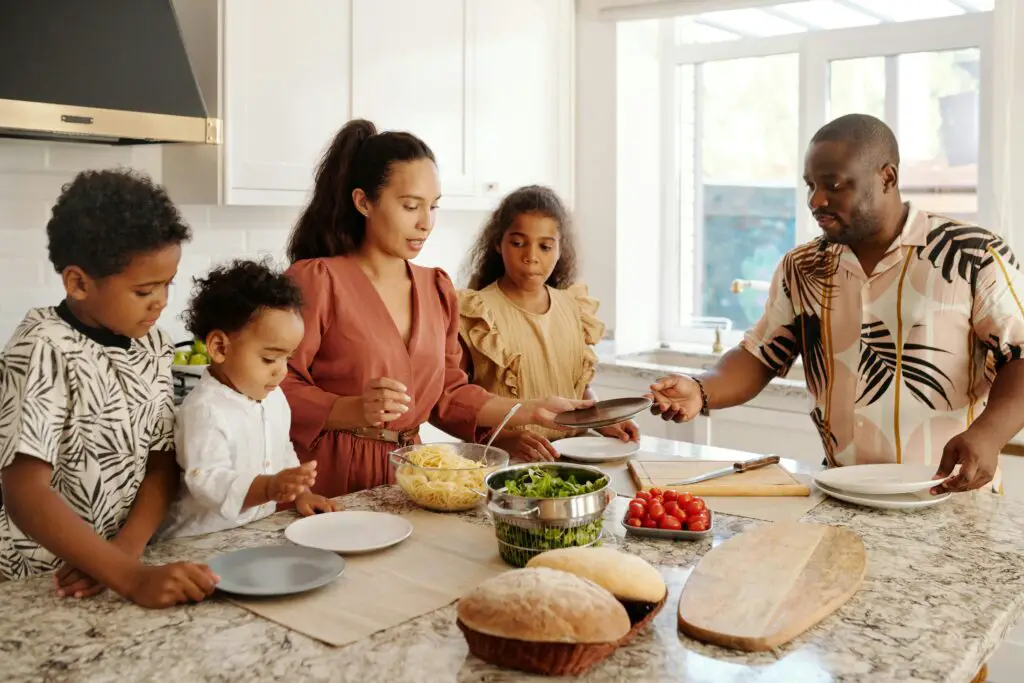
Growing up in a multigenerational home is a real treat for anyone who loves food. Each generation has its own set of recipes and cooking techniques, which can make mealtimes feel like a mini celebration every day. You’ll find yourself learning how to make everything from your grandmother’s famous pot roast to your mom’s quick weeknight pasta. In these moments, food becomes more than just sustenance; it becomes a way to bond. As you stand side by side with your family members, chopping, stirring, and tasting, you realize how much love and tradition go into each dish.
Even better, you get to witness the passing of culinary wisdom from one generation to the next. You might learn a trick that’s been in the family for decades—like the secret ingredient in your grandfather’s signature stew or the technique your aunt uses to make the crispiest fried chicken. Over time, these recipes start to feel like part of your own personal heritage, and you begin to take pride in carrying them forward. There’s nothing quite like the feeling of knowing that the meals you’re making today will one day become part of someone else’s story.
3. Experiencing Different Generational Perspectives

When you live with multiple generations under one roof, you’re exposed to a wide range of perspectives. You might find yourself chatting with your teenage cousin about the latest trends while also having in-depth talks with your older relatives about life’s deeper questions. These conversations give you a broader view of the world and teach you that there’s more than one way to look at things. Sometimes, you might not agree, but that’s part of the beauty of it—learning to appreciate and understand different viewpoints is a valuable skill says Scary Mommy.
Having these perspectives makes you more empathetic, as you start to see the world not just through your own eyes, but through those of your parents, grandparents, and younger siblings. You might be surprised at how much you can learn from someone who’s a generation or two older or younger than you. It fosters mutual respect, as everyone learns that each generation has something unique to offer. In a world that often feels polarized, growing up with a variety of perspectives teaches you the importance of open-mindedness.
4. Unforgettable Family Traditions

There’s something incredibly special about the traditions that come with living in a multigenerational household. You get the chance to experience long-standing rituals that have been passed down for generations. Whether it’s a holiday meal that’s been prepared the same way for decades or a weekend outing to a nearby park, these traditions provide a sense of stability and belonging. You’ll find yourself looking forward to these events, knowing that they’ve been cherished by family members long before you.
What makes these traditions even more meaningful is the opportunity to contribute to them. As you grow older, you start taking on more responsibilities—maybe you’re the one who sets the table for holiday dinners or helps grandma bake the annual birthday cake. These little acts of contribution help you feel like you’re part of something much bigger than yourself. They remind you that tradition isn’t just something you inherit; it’s something you help shape for the future explains J.P. Morgan.
5. A Built-In Support System
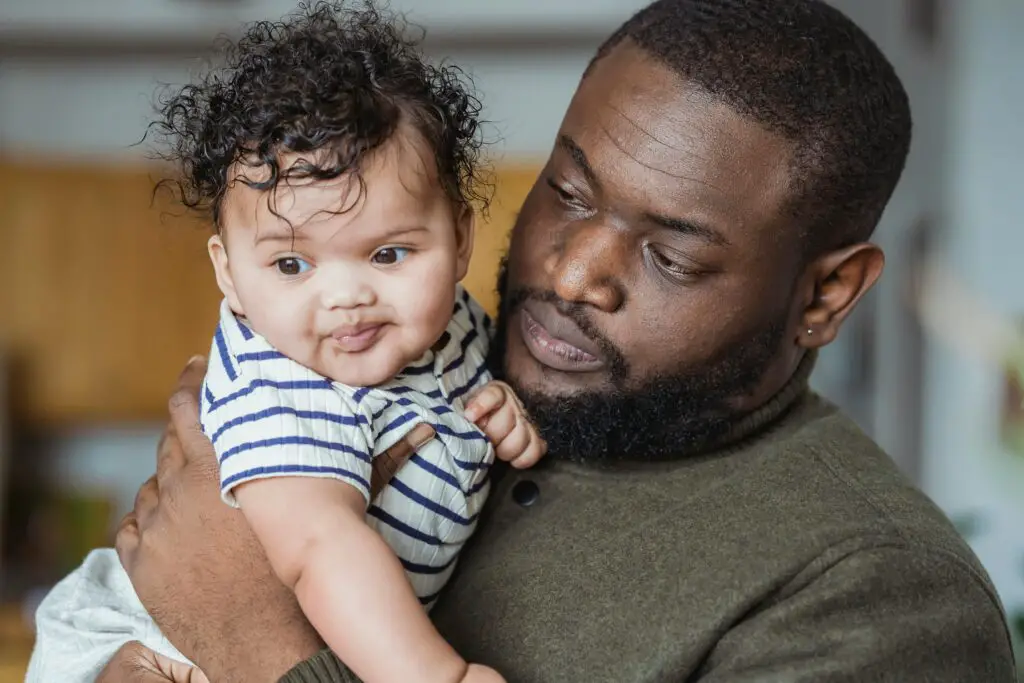
One of the greatest benefits of living in a multigenerational home is the built-in support system. No matter what life throws your way, there’s always someone there to lend a hand or offer advice. Whether you’re dealing with a tough school project, navigating teenage drama, or just need someone to talk to, your family is there for you. Having multiple generations around means there’s a wider pool of experience to draw from, and chances are, someone has been through something similar to what you’re experiencing.
This support system goes both ways. Not only do you get help when you need it, but you also get the opportunity to offer help to others. Whether it’s helping your little cousin with their homework or giving your grandparents a hand with their errands, the sense of community and responsibility strengthens your bond with each family member. These everyday acts of support create a safety net that can’t be found anywhere else, fostering a deep sense of security explains Zillow.
6. Learning Patience and Compassion

Living with people of all ages teaches you important life skills, such as patience and compassion. You’ll need patience when you’re dealing with a younger sibling who’s throwing a tantrum or an older relative who moves a bit slower. But you’ll also learn compassion as you witness the struggles of family members who may be going through tough times—whether it’s your parents dealing with work stress or your grandparents facing health challenges. These experiences teach you to be more understanding and to approach life with a softer, more empathetic heart.
Over time, you begin to see that each person has their own set of challenges, and everyone is doing the best they can. You may have to adjust your expectations or learn to be more flexible, but these lessons in patience and compassion will stay with you throughout your life. They’ll help you not only within your family but in all your relationships. You start to understand that life isn’t always perfect, but it’s the love and patience we show one another that truly counts.
7. Growing a Strong Sense of Responsibility

When you live with multiple generations, you’re often given more responsibility, whether it’s helping with chores or taking care of younger siblings. This helps you grow a strong sense of responsibility, as you realize that the well-being of the household doesn’t fall solely on one person. Each generation plays a role in making the home run smoothly, and you’re part of that equation. Taking on these responsibilities teaches you that family is a team effort, and everyone has something important to contribute.
This sense of responsibility extends beyond chores. You might find yourself helping to care for an elderly relative or taking on a leadership role in family decisions. These experiences teach you the value of hard work, dedication, and selflessness. Over time, they shape you into someone who understands the importance of looking out for others, which will benefit you in all areas of life—whether in your personal relationships or in your career.
8. Feeling the Love From All Angles

There’s something truly special about feeling love from all generations. As a child, you get to experience the unconditional love of your parents and grandparents, and it’s a feeling that never really goes away. This constant affection fills you with a sense of belonging and security that’s hard to find anywhere else. The beauty of growing up in a multigenerational home is that love comes in many different forms, from the quiet support of your grandparents to the enthusiastic encouragement of your younger siblings.
You also get to learn how love changes and evolves over time. As you grow older, the love and care you give to your family shift as well, whether it’s offering a listening ear to a grandparent or stepping in to help out with younger cousins. These moments show you that love isn’t just something you receive—it’s something you give, too. As you experience this constant flow of affection, you learn to appreciate the many ways love shows up in your life.
9. A Sense of Continuity
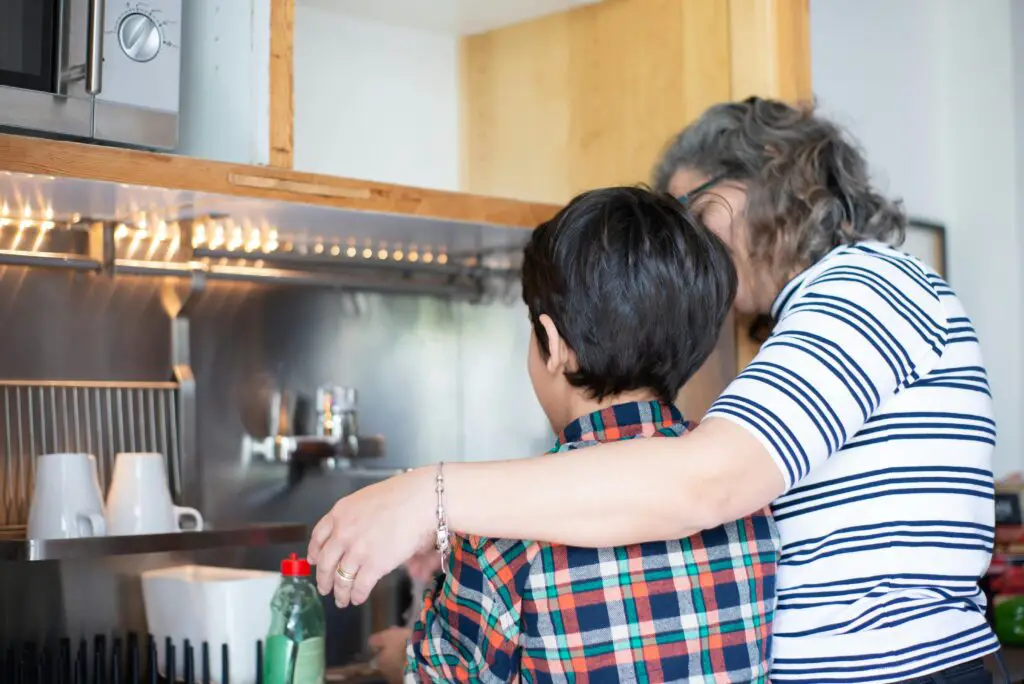
Living in a multigenerational household provides a powerful sense of continuity. From one generation to the next, the household remains a place of familiarity, even as the members change. There’s a feeling that, no matter what happens in the outside world, this house—this family—has been here long before you and will continue long after. This knowledge brings a comforting sense of stability. You’ll never forget the sound of your grandmother’s laughter echoing through the halls or the way your father’s old rocking chair creaks at night.
This continuity also gives you a sense of purpose. When you’re part of a family that spans multiple generations, you realize that you’re not just living for yourself. You’re living for a legacy, for all the people who came before you and all the ones who will come after. You start to see the bigger picture: that your life is part of a larger narrative that stretches back and forward in time, creating an unbroken chain of memories and experiences.
10. The Comfort of Familiarity
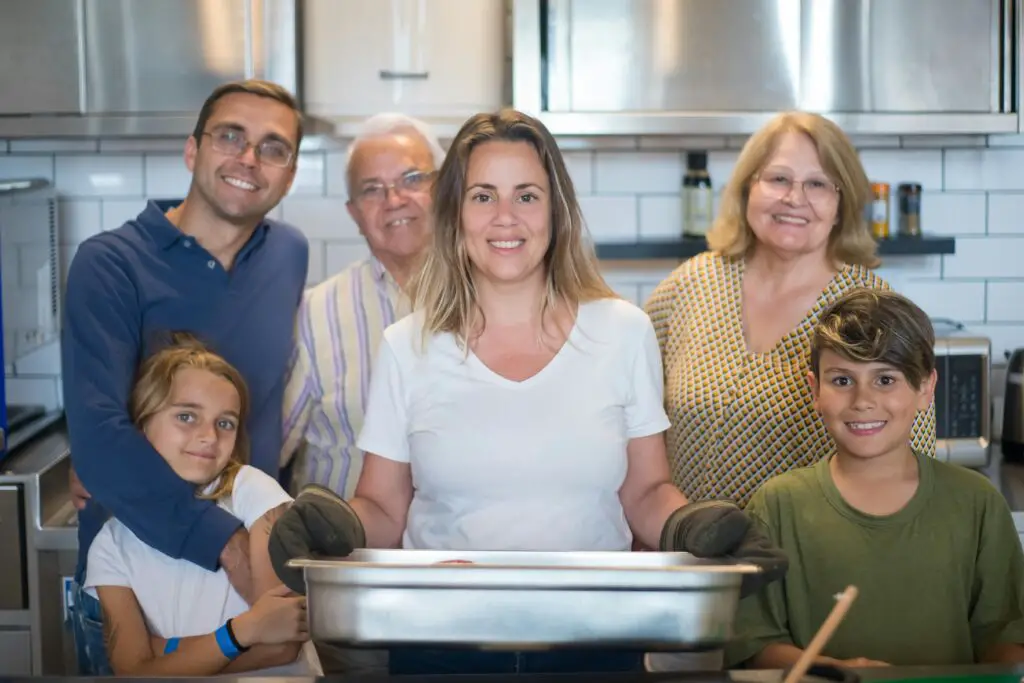
There’s a unique comfort in being surrounded by family members who know you inside and out. Growing up in a multigenerational household means that you don’t have to explain yourself every time you walk into a room—your family already gets you. Whether it’s the way your mom knows you’re upset before you even say a word, or the way your grandparents can always make you laugh no matter what’s going on, there’s a comfort in familiarity that makes life easier. It’s like having your own personal support network that’s always there to remind you of who you are and where you come from.
This comfort isn’t just emotional; it also creates a sense of security. When things get tough, knowing that you have people who understand you and care about you can make all the difference. Whether you’re facing a hard day at school or a tough moment in your personal life, there’s something incredibly soothing about returning to a home where you are truly seen and heard. This kind of familiarity isn’t something you can find everywhere, and it’s one of the greatest gifts of living in a multigenerational household.
11. A Life Rich With Memories
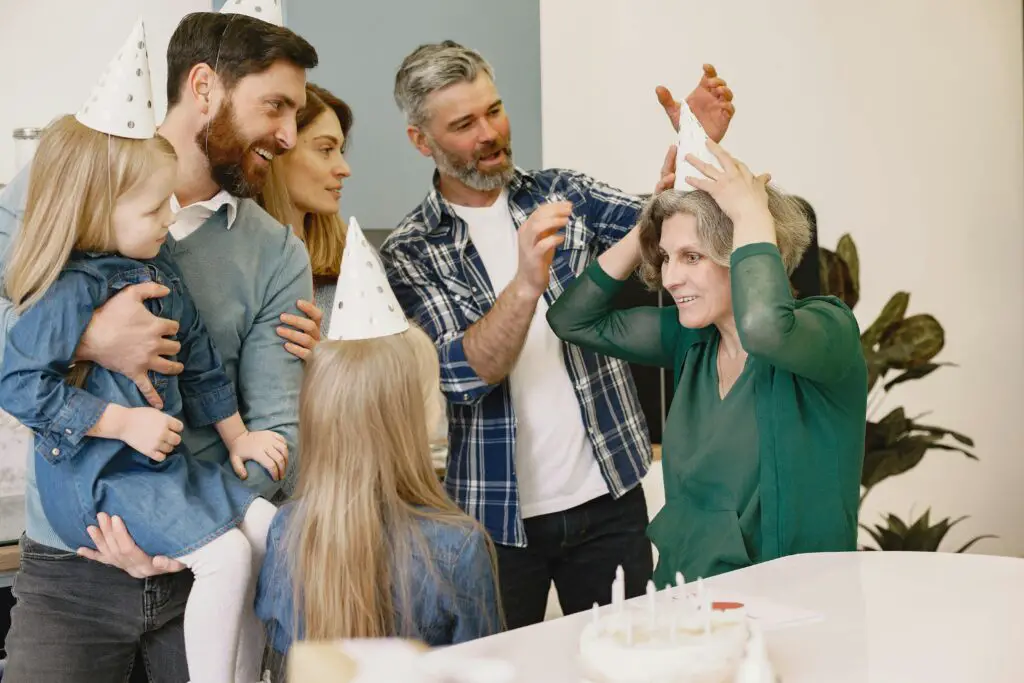
Living with multiple generations creates a treasure trove of memories. From birthdays and family holidays to quiet afternoons spent talking with a grandparent, these moments accumulate and become part of the fabric of your life. As you grow older, you’ll look back at these memories with a sense of nostalgia, cherishing the time you spent surrounded by the people who shaped you. The beauty of these memories is that they’re shared by everyone in the household, and no one can take them away from you.
What makes these memories even more special is how they evolve over time. A memory from your childhood might take on new meaning as you look back at it from an adult perspective. You might find yourself appreciating things you never noticed before—like the way your grandfather always made sure you had the best seat at the table or how your mother would sneak you extra cookies when no one was watching. These little moments are what make life rich and worth living, and they become even more precious as you realize they are part of a legacy that will continue for generations to come.
12. Growing Up With Lifelong Friends
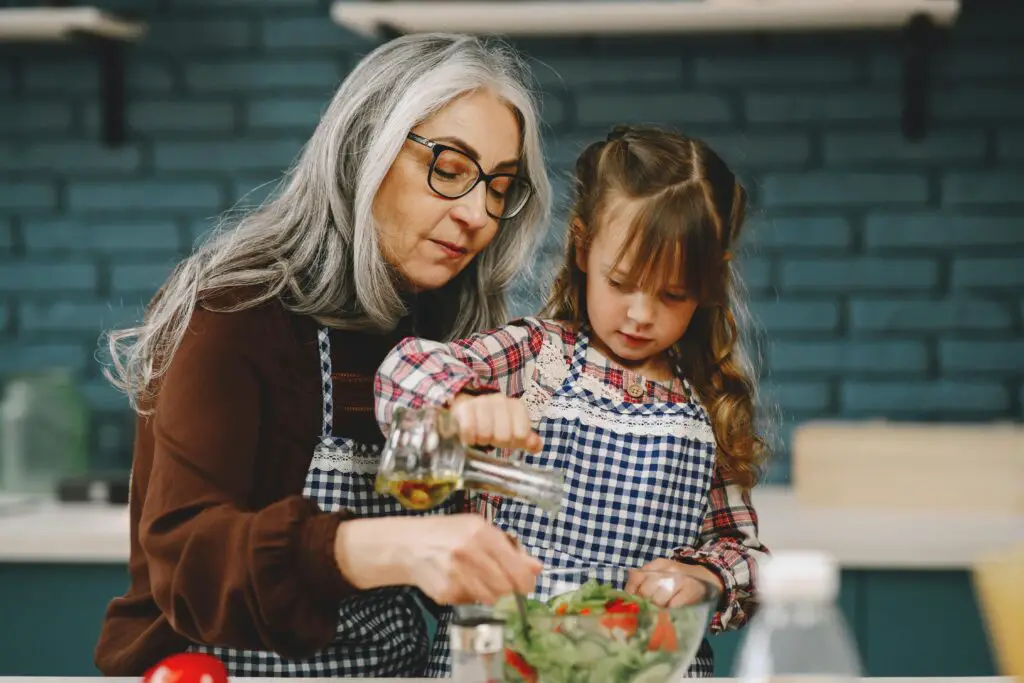
When you live in a multigenerational household, your family members aren’t just relatives—they’re some of your closest friends. You get to experience life together in a way that creates deep, lasting bonds. Whether it’s playing board games with your siblings, watching movies with your parents, or chatting about life with your grandparents, these interactions create friendships that go beyond the usual family dynamics. Over time, you’ll find that your family members become your first and most trusted friends, the ones you turn to when you need support or someone to have fun with.
These friendships help shape your understanding of what real connection looks like. You learn that friends are not just people you meet outside your family; they can be the people you’ve known your whole life, the ones who’ve seen you grow up and are still there for you through every phase. These lifelong friendships provide a sense of continuity and belonging that can’t be found anywhere else. And no matter where life takes you, you’ll always know you have a built-in group of friends who will be there to support you, laugh with you, and create new memories together.
